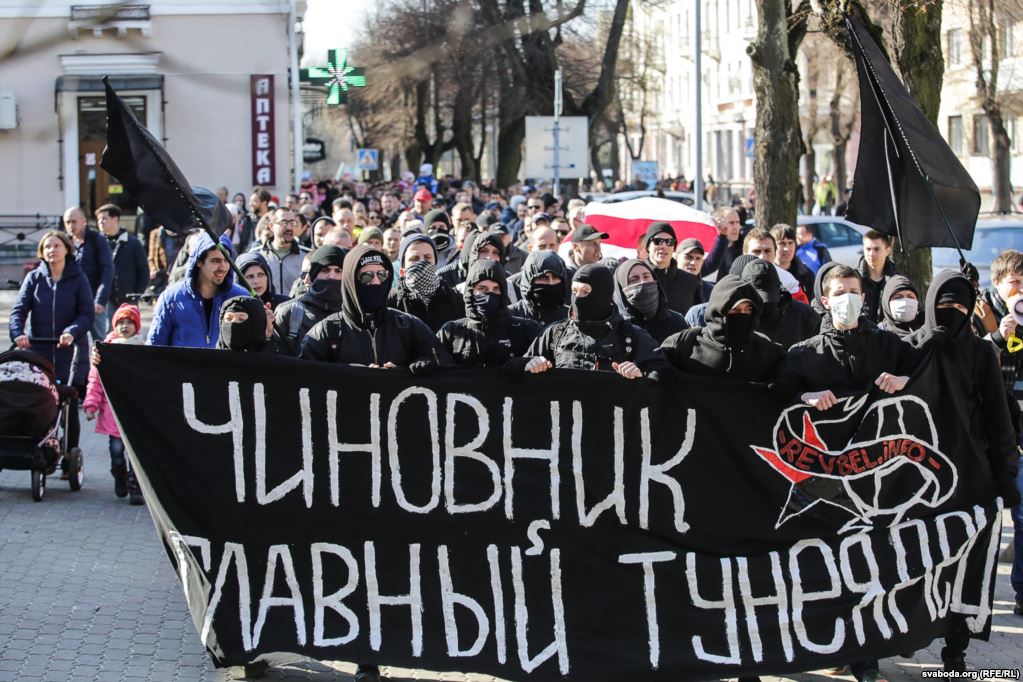Belarusian authorities aim to narrow social base for protests and limit effects of decree on social dependants
 The situation has not changed
The situation has not changed

Amid Belarusian-western normalisation, the president avoids escalating the confrontation with those discontent with the decree on ‘social parasites’. Meanwhile, the authorities apply soft repressions against opposition activists and seek to restrict the tax burden on citizens. Apparently, the Belarusian authorities are considering different options to ‘freeze’ the decree and minimise reputational losses for the president.
The police has summoned civic activists and politicians to draw up protocols for taking part in the “March of non-parasites”.
Amid Belarusian-western normalisation, the Belarusian authorities are prompted to develop a comprehensive approach to counteract growing protests. If protests mount, they are likely use force as a last resort to clamp down the protest movement. Apparently, the lack of visible reaction of the Belarusian authorities to recent protests suggests there is some confusion and anticipation that unrest would fade away shortly. The president only briefly noted that social protests were linked to external influences.
The majority of those protesting in the regions are ordinary citizens, who previously supported the president, which makes it difficult for the authorities to choose means to counteract them and challenges the use of force. Previously, the authorities used force to disperse street protests, pre-emptively arrested activists and organisers, and arrested participants in the protests. However, those were political protests organised by the opposition or protests by entrepreneurs, who were largely identified as the opposition. In cases when social unrest involved large social groups, including working people, the Belarusian authorities usually made concessions to the protesters.
So far, the authorities’ reaction to social protests, such as drafting administrative protocols against most active participants, exempting some social groups from the tax, and ad hoc concessions to the most active opponents (providing employment and removing the tax burden) should not raise concerns in the West. In addition, the ideologists are attempting to raise fear levels in society and to step up the loyalty of the national democratic opposition by talking about threats and risks to Belarus’ stability and independence.
The Belarusian authorities are unlikely to “decapitate” the protests and leave them without the organizers from the opposition, as this could bring to the fore previously unknown and more radical leaders.
Subscribe to our newsletter




Situation in Belarus
Constitutional referendum: main consequences


 Video
Video
How to count the political prisoners: are the new criteria needed?


 Video
Video
Paternalism In Decline, Belarusian Euroscepticism, And The Influence Of Russia


 Video
Video












